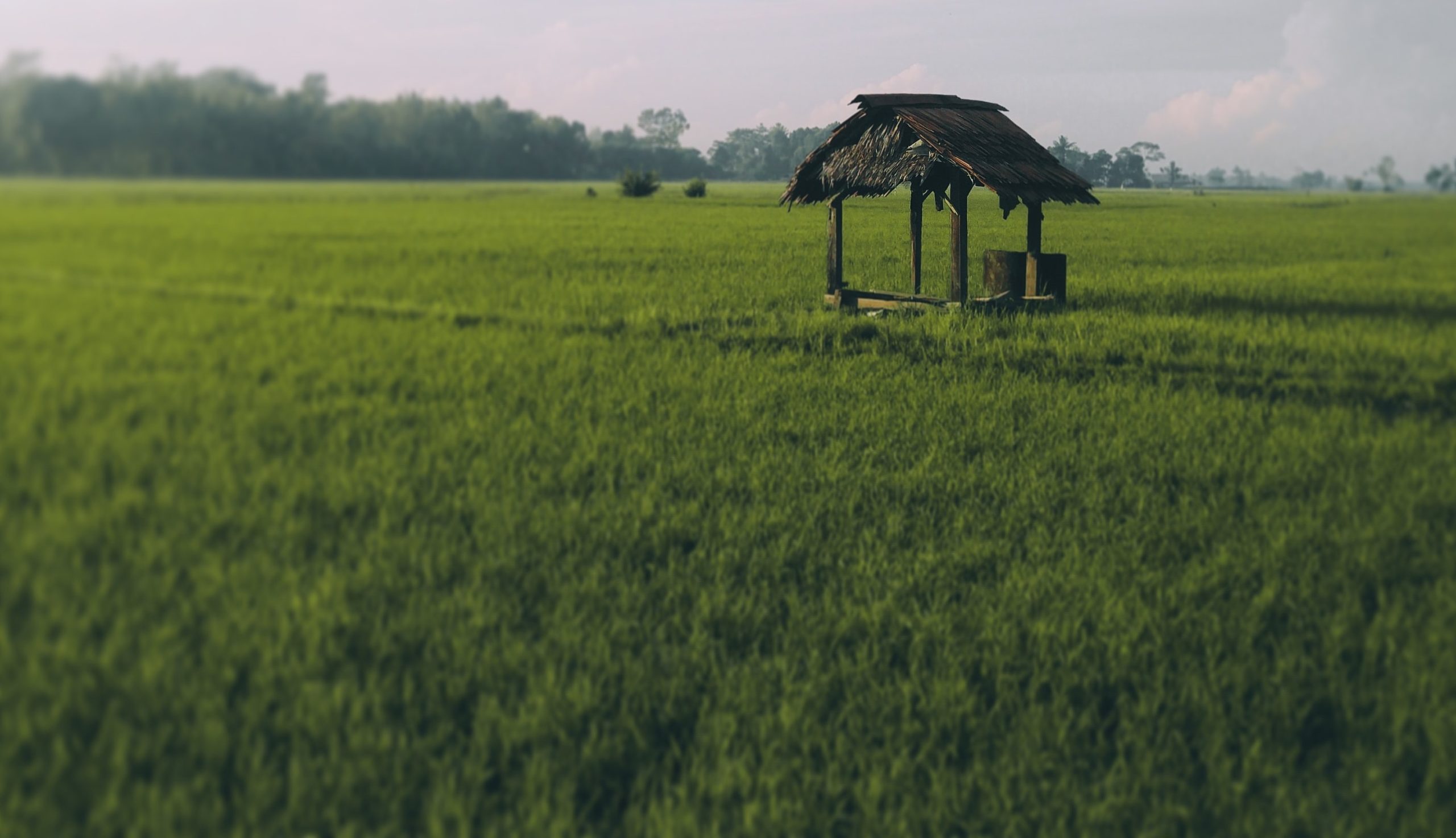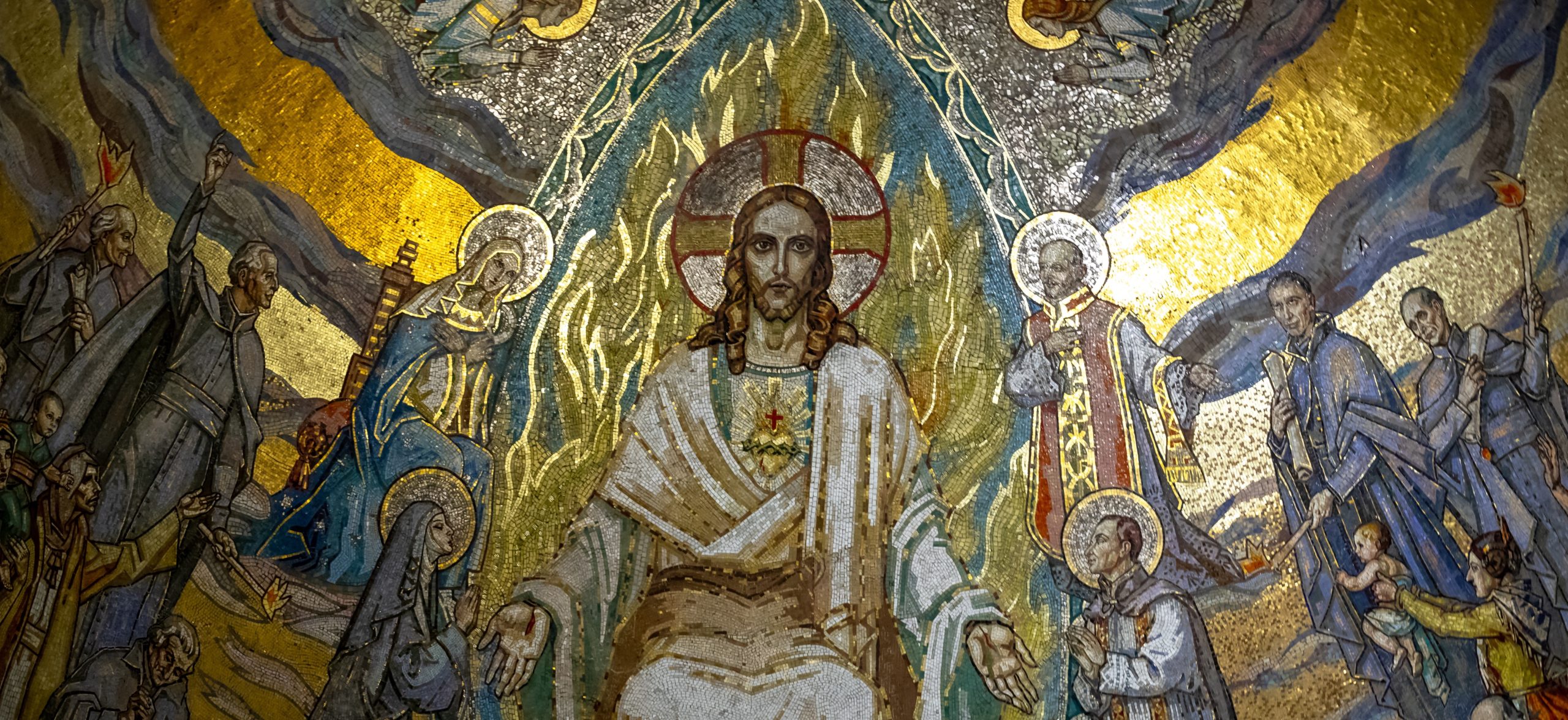Dear friends,
One thing this past COVID year has done has been to bring what is hidden to light. In some cases that’s been wonderful: We now have a cultural script by which we can recognize the incredible value of those “essential workers” who, before this year, we might have overlooked or dismissed as those who couldn’t get a better job. We now know, in our bones, how helpless we would be without them: grocery check-out people and garbage collectors and truck-drivers and cab drivers are the sinews of our society. Even those we don’t see—the food packers and farmers and water and sewer workers—are somehow more present to us, and more honored.
But another aspect of what has come to light is more disturbing: the way we treat our elders. The massive death tolls in nursing homes shocked the nation, and to think about the COVID-era death tolls is only the beginning. We must also think about the system itself—the way that we have, largely, chosen to deal with our elders.
This week’s pieces, both deeply reported, are a pair. Charles Camosy examines the horrifying conditions of many nursing homes and highlights the work of one nursing home worker who is trying to improve things as best she can. Leah Libresco Sargeant describes an alternate, deeply humane approach to caring for elders: This past year has also seen the construction of a new combined multigenerational care home and home for single mothers in Milwaukee called Trinity Woods, a collaborative effort between a Catholic housing service, a Presbyterian housing service, a Catholic university, and a convent.
When my grandfather was close to death (stubbornly and wonderfully at home; he had six children and in part because of that was able to avoid a nursing home), I once wrote him a note. “You’re doing a really good job being old,” I told him. I told him too that I thought of elders as seniors in college: They seemed to me like those we looked up to because they were about to graduate, to go out into the real world, which we have all been preparing for this whole time.
What thinking about how best to care for elders reveals is the same thing that is revealed by this week’s conversation about universal daycare versus child benefits that allow parents to stay home and raise their children: It is a noble calling to care for those who, at the beginning and end of their lives, live closest to eternity. When they can’t be cared for in our families, those who do care for them are, truly, essential workers, and should be honored (and paid) as such. And when we are fortunate enough to be able to care for them ourselves, we ourselves become essential workers. Because these most vulnerable among us, these who most need care, are in many ways the most essential to our society. Without our children, we lose hope of a mortal human future. Without our elders, we lose our memory, and we lose those who connect us most closely with our own future immortality.
The first piece is hard reading; the second is joyful. Give them time. Let the challenge that they are sink deeply into you. And respond to that challenge with all the hope and love that are, in God’s provision, yours to draw on, if you choose.
Thank you,






